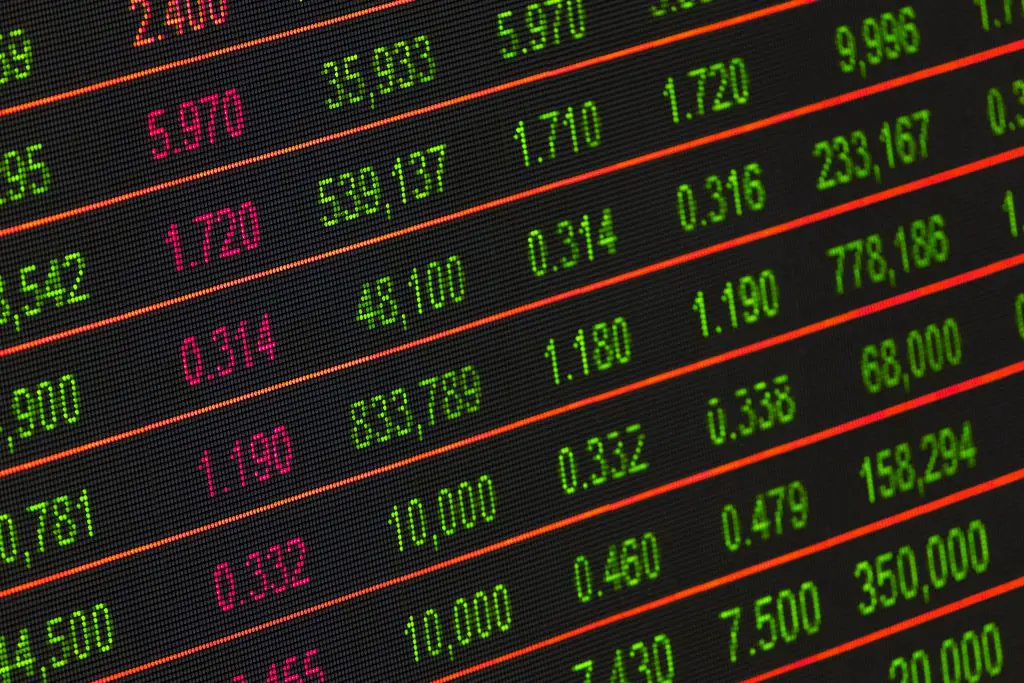In a publicly traded company there are customers who buy their products, employees who get paid for there time and work, there are bond holders that get paid interest on the company debt they own, and then there are the investors that hold the company stock and own equity in the company. Traders also buy and sell a stock in short time frames for profit based on price action and trends.
In finance, equity is an ownership stake in a business’ assets that usually has liabilities attached to it. A share of stock is a small fractional percentage of ownership in a public corporation.
Stocks are referred to as equities or shares in the markets and are created when a company sells its shares into the open market and becomes publicly traded after its IPO (Initial Public Offering). A business only receives the initial purchase of the IPO as it is sold into the market, after that the shares in the company are sold between traders and investors through brokers and stock exchanges.
A company can issue additional shares into the market as a secondary offering later to raise additional funds but that dilutes existing share holders with the addition of the added supply of shares.
There are different classes of stocks, some types of shares have voting rights some don’t, other types of stocks could have priority to receive profits or proceeds if the company goes bankrupt and is liquidated.
A stock’s value can reflect several things:
- The value of discounted future cash flows.
- The book value of the company’s assets both physical and intellectual property.
- The speculation of the potential future growth of the company sales and earnings.
Stock owners benefit when the value of a company increases and is then priced into the shares. Equities as an asset class can go through phases of accumulation and distribution based on their appeal to investors for potential future returns. In bear markets all stocks tend to go down as equities are sold and investors raise cash positions.
Cash flows can move in and out of different stock market sectors and rotate as investors try to price in economic trends and declining earnings or growth.
Equities are the asset class that reflects ownership in a company through stock in contrast to owning debt with bonds.
Owning equity in private or publicly traded companies can be a path to wealth. The richest people in the world made their wealth through the leverage provided in the stock market like Jeff Bezos, Bill Gates, Mark Zuckerberg, and Warren Buffett to name a few. Stocks provide more leverage than any other asset class like real estate, collectibles, or precious metals.
Equities are the best investment class based on the historical average returns over the long term and have created the most wealth.
